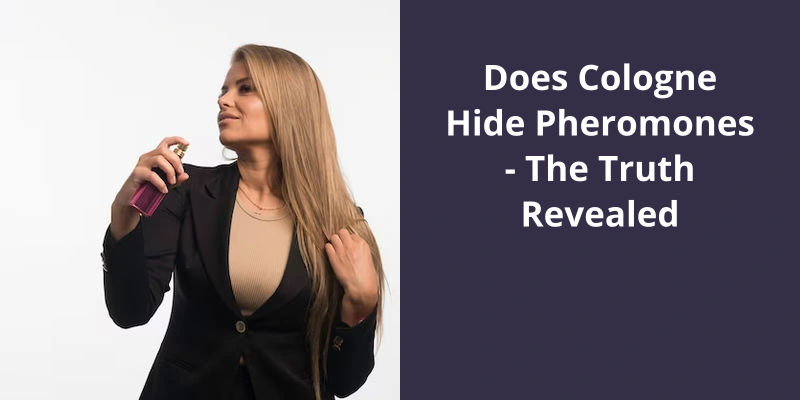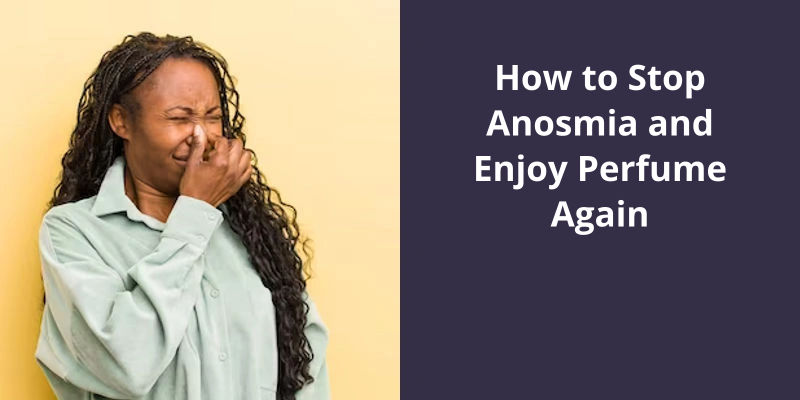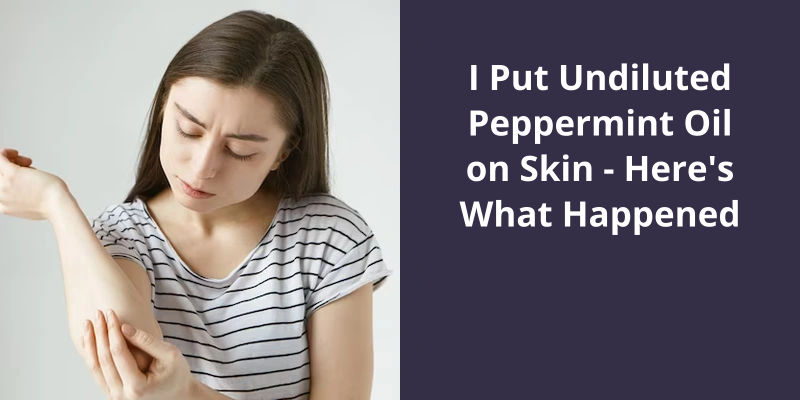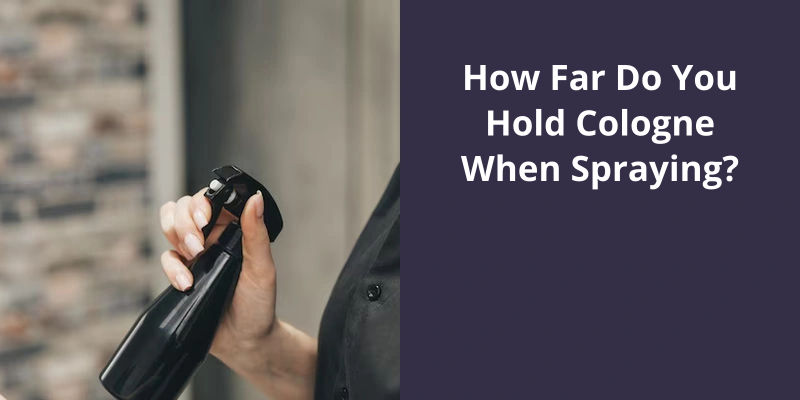Cologne does have the ability to hide or mask pheromones. Pheromones are chemical signals naturally emitted by the body, specifically from areas like the armpits and the genital area. When you apply cologne, which is essentially a concentrated scent, it can overpower these natural odors, thus potentially hiding the pheromones. However, it’s worth noting that while cologne may mask the scent of pheromones, it doesn’t eliminate them. These natural chemical signals can still be detected on a subconscious level by others, playing a role in attraction and human interaction.

What Does Wearing Cologne Do to Your Hormones?
But what about when a man wears cologne? Does it have any impact on his own hormone levels or those of the people around him? The answer isn’t entirely clear, as research on the topic is limited and often contradictory. Some studies suggest that wearing certain fragrances can increase testosterone levels in men, while others have found no effect. One possible explanation for this discrepancy is that different fragrances may have different effects, and individual responses may also vary.
One study conducted in 2014 examined the effects of several different fragrances on mens cortisol levels, a hormone that’s associated with stress. The participants were asked to wear a specific fragrance for a period of time, and then their cortisol levels were measured before and after exposure to a stressful situation. The results showed that some fragrances, such as lavender and peppermint, were associated with lower cortisol levels, while others, such as jasmine and ylang-ylang, actually increased cortisol levels.
Androstenone is a pheromone found in pigs that’s been shown to attract female pigs during ovulation. In the study, men were given either androstenone or a placebo to wear on their upper lip, and their testosterone levels were measured before and after exposure to a female experimenter.
However, not all studies have found a link between fragrance and hormone levels. And a 2011 study found that there was no effect of fragrance on cortisol levels in women.
It’s clear, however, that pheromones play a significant role in attraction and sexual behavior, and that perfumes and colognes can mask these natural signals. While wearing a fragrance may not directly affect ones own hormone levels, it could potentially influence the behavior of others around them.
Ultimately, the decision to wear a fragrance is a personal one, and depends on individual preferences and cultural norms. Whatever the reason, it’s important to be aware of the potential effects of fragrance on oneself and others, and to use it responsibly and ethically.
The Benefits of Natural Fragrances and Essential Oils
- Natural fragrances and essential oils are free from harmful chemicals and synthetic ingredients.
- They can provide a range of therapeutic benefits, such as reducing stress and promoting relaxation.
- Many natural fragrances have antibacterial or antimicrobial properties.
- Essential oils can be used for skin and hair care, as well as for aromatherapy purposes.
- Natural fragrances and essential oils can be sustainably sourced, supporting environmentally friendly practices.
Now that we understand the difference between pheromones and perfumes, let’s delve deeper into the world of scents. Many people wonder if perfumes mimic pheromones, and the answer isn’t a straightforward one. It depends on whether you’re referring to perfume or cologne, and there are certain nuances to consider. However, it’s important to note that pheromone perfumes don’t contain real human pheromones, but rather chemicals designed to mimic their effect. Let’s explore this in more detail.
Do Perfumes Mimic Pheromones?
The concept of pheromones as a means of attraction has been well-established in the animal world. Several studies have suggested that humans might also be influenced by pheromones, however, there’s still debate about the effectiveness of pheromones in humans. As a result, cosmetic companies have come up with the idea of pheromone perfumes.
These chemicals are designed to create a sense of attraction between people. Cosmetic companies market these perfumes as a way to enhance one’s natural scent and make them more attractive to others.
Furthermore, it’s crucial to note that not all perfumes marketed as pheromone perfumes are the same. The type of perfume largely depends on whether it’s marketed to men or women. For example, mens pheromone colognes often contain Androstenol, a pheromone found in male sweat. Womens pheromone perfumes, on the other hand, typically contain Estratetraenol, a pheromone found in female urine.
While these perfumes don’t contain natural human pheromones, they may contain chemical compounds that mimic their effects. Ultimately, whether or not they’re effective in attraction remains subjective and varies from individual to individual.
While perfumes are widely used to enhance our personal scent, there’s been a longstanding debate on whether it interferes with our natural pheromones. Some argue that it masks our body’s natural scent and interferes with our ability to attract a mate. However, recent studies suggest that the seductive effect of perfume may not be related to pheromones at all.
Does Perfume Affect Your Pheromones?
Perfumes are made up of fragrant oils and chemicals that are mixed together and then applied to the skin or spritzed into the air. These fragrances are often marketed with alluring names such as Eros, Desire, or Seduction, and are believed to have the power to attract and entice others. However, when it comes to the role of pheromones, there’s little evidence to suggest that perfumes actually affect our innate scent signals.
Pheromones are chemical compounds that are naturally released by the body to communicate important messages to other members of the same species. For example, many animals use pheromones to signal when they’re ready to mate or to mark their territory. In humans, it’s thought that pheromones may play a role in sexual attraction and bonding. However, the science behind human pheromones is still in it’s early stages, and their role in social interactions isn’t yet fully understood.
When we apply perfume, the fragrance molecules bind to our skin, hair, and clothing, creating a distinctive scent that can be associated with a particular person or occasion. This scent can trigger subconscious memories or emotions in those around us, leading to feelings of attraction or desire. Additionally, perfume can play a role in boosting confidence and self-esteem, which can also make us more attractive to others.
However, there’s no denying the seductive power of fragrance, whether it’s derived from synthetic chemicals or natural oils. Ultimately, the secret to attraction may lie in finding a perfume that makes you feel confident and alluring, rather than relying on the mythical power of pheromones.
The History and Cultural Significance of Perfume Use
Perfume use has a long history dating back to ancient times and is a significant aspect of cultural traditions worldwide. Different fragrances are used for various occasions and convey specific meanings. Perfume has also been associated with luxury and power throughout history.
Source: Pheromone Perfumes Are Huge On TikTok For … – Glamour UK
While there’s some controversy surrounding the effectiveness of pheromone perfumes, many people still swear by these products. Some believe that they can help attract potential partners and increase sexual attraction. So, can you actually smell pheromones in perfume? Let’s delve deeper into this topic and explore the science behind pheromone-based fragrances.
Can You Smell Pheromones in Perfume?
The idea of pheromones and their role in human attraction has been a topic of fascination for decades. Pheromones are chemicals that are naturally produced by animals and plants to communicate with one another. While their existence in humans has been widely debated, there’s evidence to suggest that they do play a role in our social behavior. However, the question remains: can you actually smell pheromones in perfume?
In fact, studies have shown that the effectiveness of pheromone perfumes may be more psychological than anything else. Wearing a scent that you believe will make you more sexually attractive can boost your confidence and make you feel more desirable, which can in turn make you more attractive to others.
The Different Types of Pheromone Perfumes Available on the Market and How They Claim to Work
Pheromone perfumes are scents that claim to enhance attraction and communication between individuals. They’re available in different types, including those that mimic natural pheromones, those that contain synthesized pheromones, and those that contain essential oils. The effectiveness of these perfumes varies, and their ability to impact attraction and communication is still a topic of debate.
Now that we know the percentage of men who wear cologne, it’s important to understand the reasons behind it. The use of fragrance dates back centuries, and for some men, it’s a daily ritual that adds a touch of glamour to their lives. From the way it accents their style to it’s ability to enhance their confidence, cologne has a place in every man’s grooming routine. But not all colognes are created equal, and understanding the nuances of scent and proper application can make all the difference in the world.
What Percentage of Men Wear Cologne?
But not all men are the same when it comes to cologne usage. Some are frequent wearers, applying daily while others reserve it for special occasions or nights out. There are even some who don’t at all, preferring to rely on their natural scent. Factors such as age, cultural norms and personal preferences can influence a mans choice to wear cologne.
It’s worth noting that fragrance preferences can also vary within demographics. For example, younger men may lean towards more trendy and experimental fragrances while older men may prefer classic and timeless scents. Regional differences and climate can also play a role in fragrance choices. Men in warmer climates may opt for lighter and fresher scents while colder climates may call for stronger and more intense fragrances.
While cologne statistics may seem like trivial information, they do serve as a helpful guide for the fragrance industry. Companies can use this data to tailor their advertising efforts and create products that appeal to their target audience. Retailers can also use this information to determine their inventory and which fragrances are likely to sell well in their region.
It’s also important to note that fragrance trends can change over time. What was popular years ago may not be as desirable now, and vice versa. Factors such as celebrity endorsements, social media influencers and viral marketing can greatly impact what fragrances are popular at any given time.
Some may use it to feel more confident while others may simply enjoy the scent. Regardless, it’s clear that a significant percentage of men do find value in having a signature fragrance. And with so many options available, theres a scent out there for everyone.
What Are the Most Popular Cologne Scents for Men?
Many men prefer cologne scents that are fresh, masculine, and long-lasting. Some of the most popular cologne scents for men include woody and spicy notes such as sandalwood and patchouli, as well as citrus and aquatic notes like bergamot and sea salt. Others prefer warm, musky scents like vanilla and amber. Ultimately, the best cologne scent for men depends on individual preferences and the occasion.
Conclusion
Pheromones are believed to communicate subconscious information about our genetic compatibility and overall health, influencing attraction and sexual desire. Therefore, relying too heavily on fragrances and grooming products may compromise our ability to connect on a deeper, more instinctual level with potential partners. As with all things, balance is key – it's okay to use cologne or perfume to smell nice, but we shouldn't forget the power and importance of our natural pheromones.





